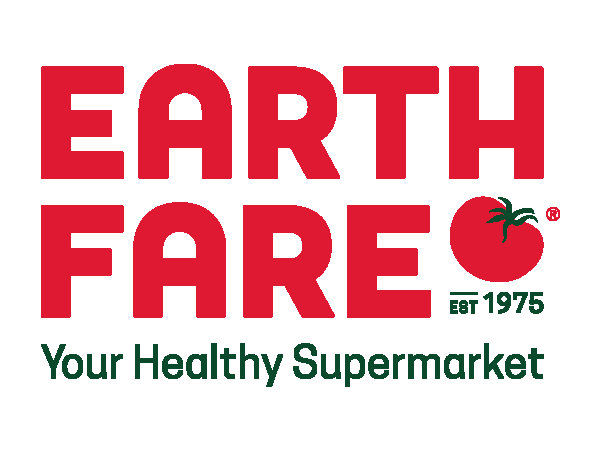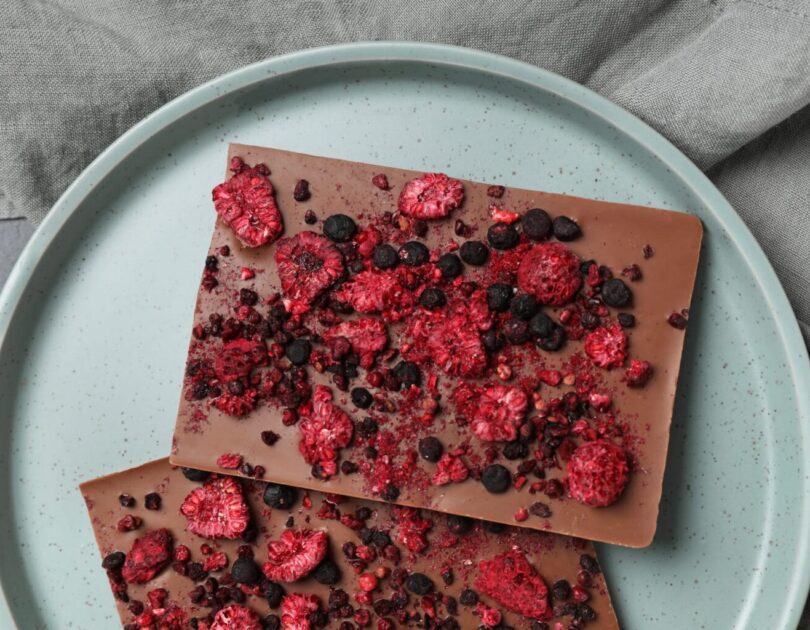Since Earth Fare was founded in 1975, the world’s population has nearly doubled, and is expected to reach more than 10 billion people by 2060. This exponential growth means there are a lot more mouths to feed. A lot of those mouths rely on large-scale production methods to produce massive quantities of meat, known as Concentrated Animal Feeding Operations, or CAFOs. The problem? CAFOs put a major strain on our environment, contributing significantly to greenhouse gas emissions, water waste, and even habitat loss and biodiversity decline. As Earth Day approaches, the month of April offers us a moment to rethink how our food choices affect our planet.
One way the items in your grocery cart can improve the planet is by exploring plant-based meat alternatives and swapping out just a few meals a week for meatless alternatives. In fact, a study released last year found that a low-meat diet (defined as 50 grams of meat or less each day) resulted in a 50 percent reduction in the production of heat-trapping gas, water pollution and land-usage as meat-rich diets.
Start by experimenting with plant-based protein alternatives such as tempeh, lentils, and chickpeas, or products such as Prime Roots deli meat alternatives made from koji, or Native Forest Organic Young Jackfruit that tastes exactly like barbecue.
The salad and accompanying dressing recipe below is highly versatile, allowing you to further reduce your environmental impact by using up whatever vegetables are left in your refrigerator, minimizing food waste. Consider swapping out the tahini for soy sauce and adding in a handful of purple cabbage and shelled edamame for an Asian flare or swapping the tofu for Prime Roots koji-salami and adding briney olives and a splash of Italian dressing for a spin on a classic antipasto salad. Just make sure you read the labels—many conventional meat alternatives use erythosine (red #3) ….. Like the hundreds of other harmful ingredients on our Boot List, you won’t find erythosine on our shelves.




